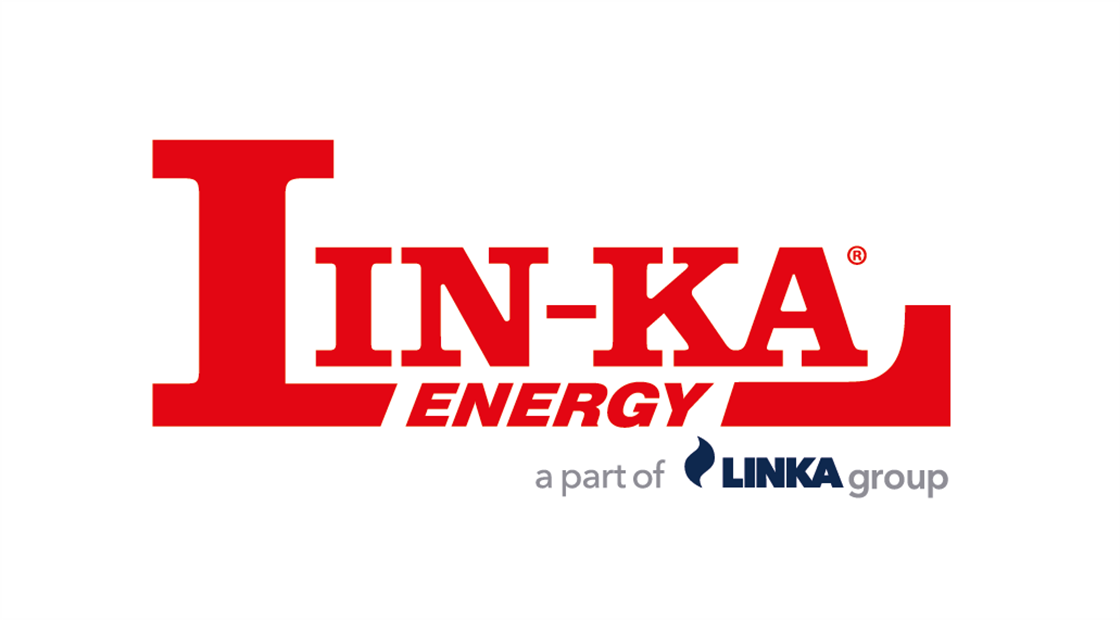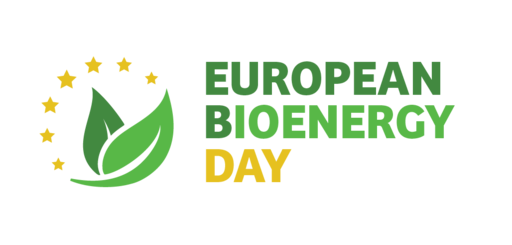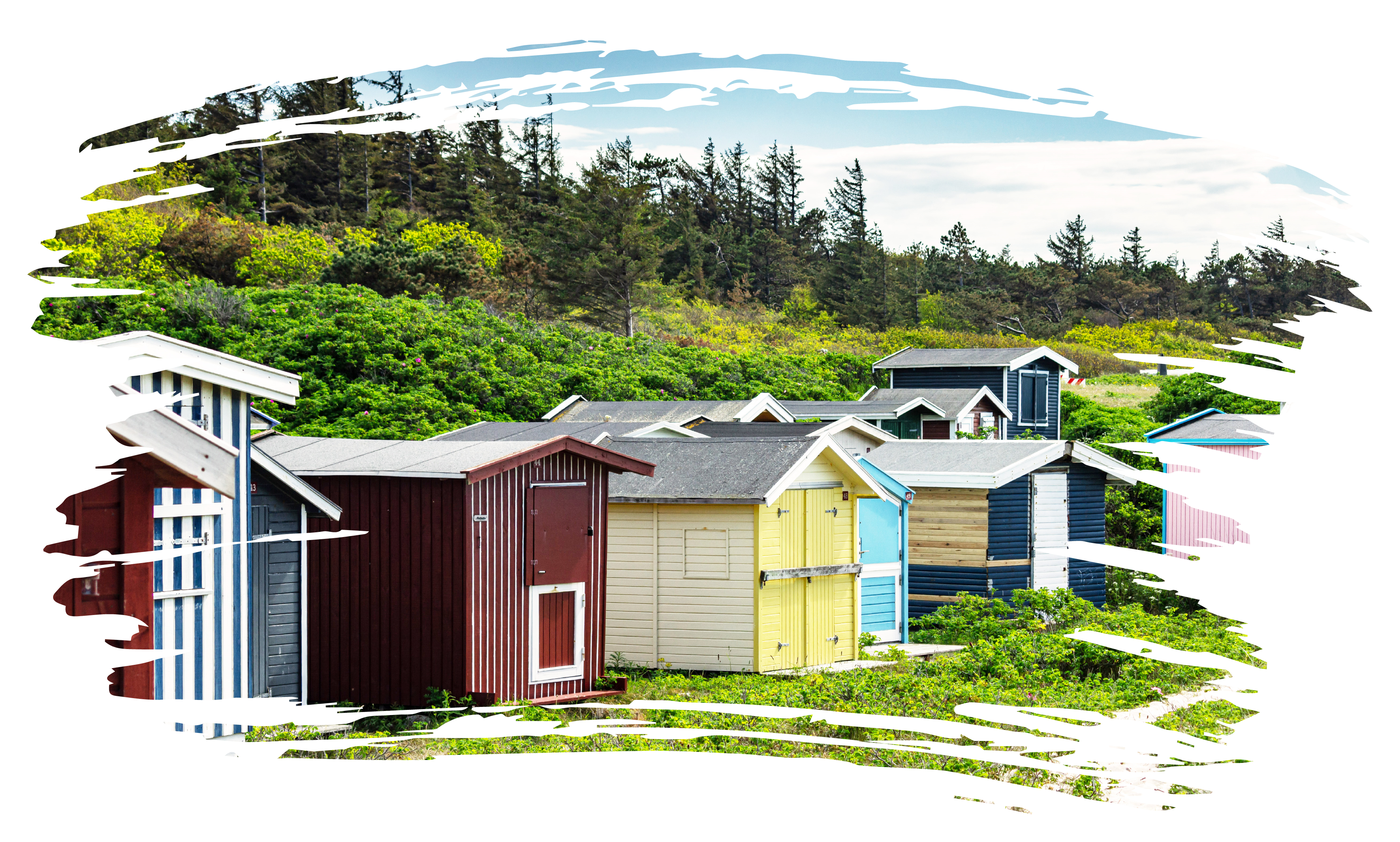In Denmark, the successful deployment of district heating from agrobiomass sources enables the shift from fossil fuels towards renewables.
As part of the EU-funded project AgroBioHeat, two towns have made the switch and this has lead to a smaller heating bill for the end-users!
Creating savings to the heating bills of inhabitants of a small rural village in Denmark by switching the district heating from natural gas to straw

![]()
Ulbjerg is a 500 inhabitants village located in Central Denmark Region. A gas fired district heating system provided heat to the households and buildings of the village. Natural gas prices grew steady from year 2000, with important peaks more frequent, leading to very high energy bills for Ulbjerg inhabitants in 2010. Conscious of the situation, Ulbjerg Kraftvarme Amba (CHP) applied to obtain support of the Danish rural development program to explore the alternatives to natural gas. Rambøll, one of the most acknowledged consultancy companies in Denmark, performed the work.
Among the energy sources considered (solar, biogas, straw, wood pellets, wood chips, and bio oil) straw was the most economic option (considering both investment and operating costs). At that time, driven by the high prices of natural gas, the Danish government had already published a new regulation where CHP plants above 1 MW were legally allowed to use straw.
It was not till 2014 when certain plants under 1 MW were also allowed; then Ulbjerg Kraftvarme decided to convert from natural gas to straw and wood chips: since both biomass sources had proven over the years to not be influenced by cyclical economic fluctuations and crises, and independent of natural gas prices. The plant was built in 2016 and has caused a significant reduction of heating bill for Ulbjerg inhabitants.
The biggest challenge for Ulbjerg Kraftvarme Amba in the transition from natural gas to biomass has been the change of routines and getting familiar with straw logistics. The boiler is automatic, though ash removal and other checking requires a person to be present few hours twice a week. The REKA boiler is flexible and in case of a biomass shortage it can burn also other agricultural residues or biomass types (up to 30% moisture).
From the side of the Ulbjerg inhabitants, the solution was welcomed, and no social reaction was evidenced. They were informed about the choice and invited to visit a boiler similar to the one selected.
Download the factsheet here.
A Danish town supplements heat from solar panels using a straw boiler and almost phases out natural gas in the district heating system.


Ørnhøj is a town of 738 inhabitants (as of 2022), belonging to the Herning Municipality in Central Jutland Region of Denmark. Until recently, the district heating network of the town (serving 474 customers) was operated primarily with natural gas. In 2015, the district heating plant was acquired by Vildbjerg Tekniske Værker (Technical Works) which embarked on a process of modernizing and improving the overall operation.
Already in 2012, a new solar panel installation covering an area of 5,000 m 2 were installed. Solar energy can provide part of the heat demand of the municipality, but they are not sufficient for the winter months. Therefore, a decision to substitute natural gas by a new straw fired boiler was made.
Construction of the new straw boiler was finished in summer 2017, with the plant entering operation for the first time in the 2017 2018 heating season. A large, 2,500 m 3 storage facility was built next to the solar panels. The storage can house around 600 large square straw bales, which are equivalent to 25 days of heat production. In total, the plant is consuming around 4,000 straw bales per heating season. Straw is supplied in competitive prices by various local providers.
The main equipment for the straw heating plant was provided by Danish manufacturer LINKA, a company with significant expertise in straw combustion. A double shredder is installed in the straw storage area and the shredded straw is transferred with a 30 meter conveyor to the boiler. The boiler itself is fully automatic, with 5 passes ensuring high efficiency and complete burnout. An automatic ash extraction system to an ash storage room is installed, while a bag house filter ensures very low dust emissions to the atmosphere.
Through the installation of the straw fired boiler, the inhabitants of Ørnhøj now get 70 % of their heat from carbon neutral biomass; around 20 % is supplied by the solar panels and only the remaining 10 % by natural gas.
Download the factsheet here.
About AgroBioHeat
The Horizon 2020 funded project AgroBioHeat “Promoting the penetration of agrobiomass heating solutions in European rural areas” aims to produce a mass deployment of improved and market-ready agrobiomass heating solutions in Europe. Agrobiomass is a large, underexploited, and indigenous resource, which can support the achievement of the European Energy and Climate targets while promoting rural development and circular economy.
![]() This project has received funding from the European Union’s Horizon 2020 research and innovation programme under Grant Agreement No 818369.
This project has received funding from the European Union’s Horizon 2020 research and innovation programme under Grant Agreement No 818369.
About the campaign
The campaign is powered by Bioenergy Europe and relayed across Europe by both national and international partners supporting the belief that bioenergy is more than a renewable energy source, it is also a reliable path that will lead Europe to achieve its renewable energy transition in the shortest span of time.


